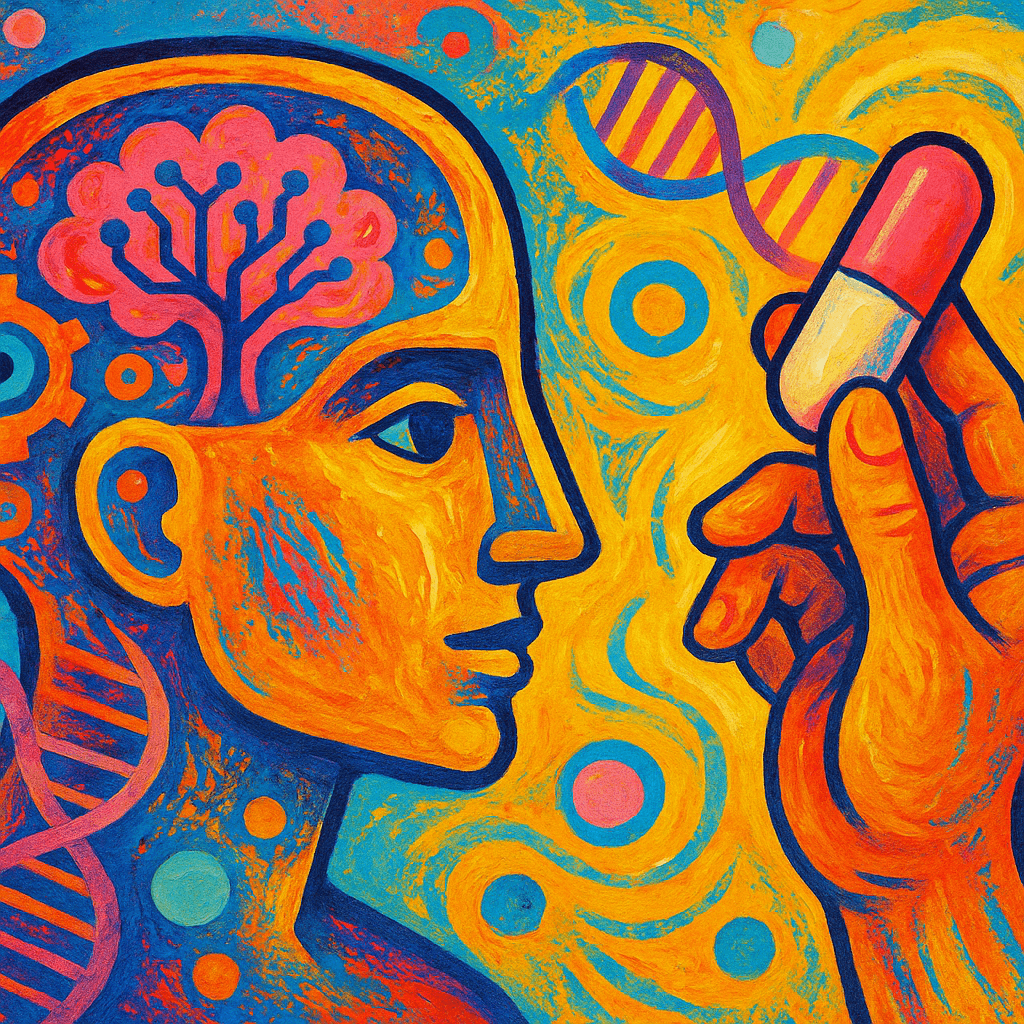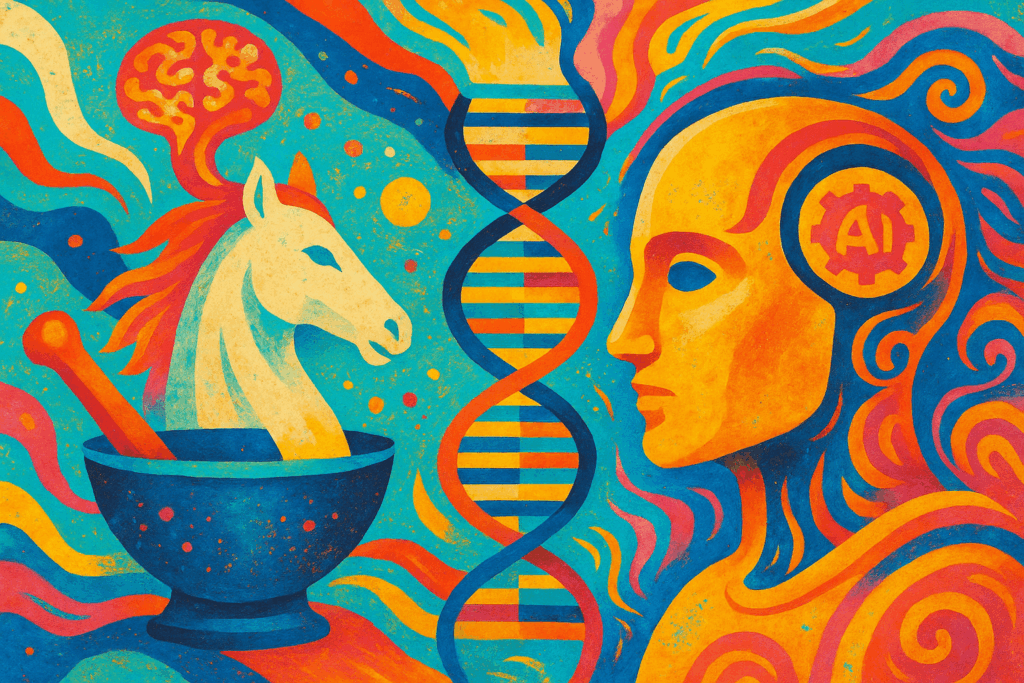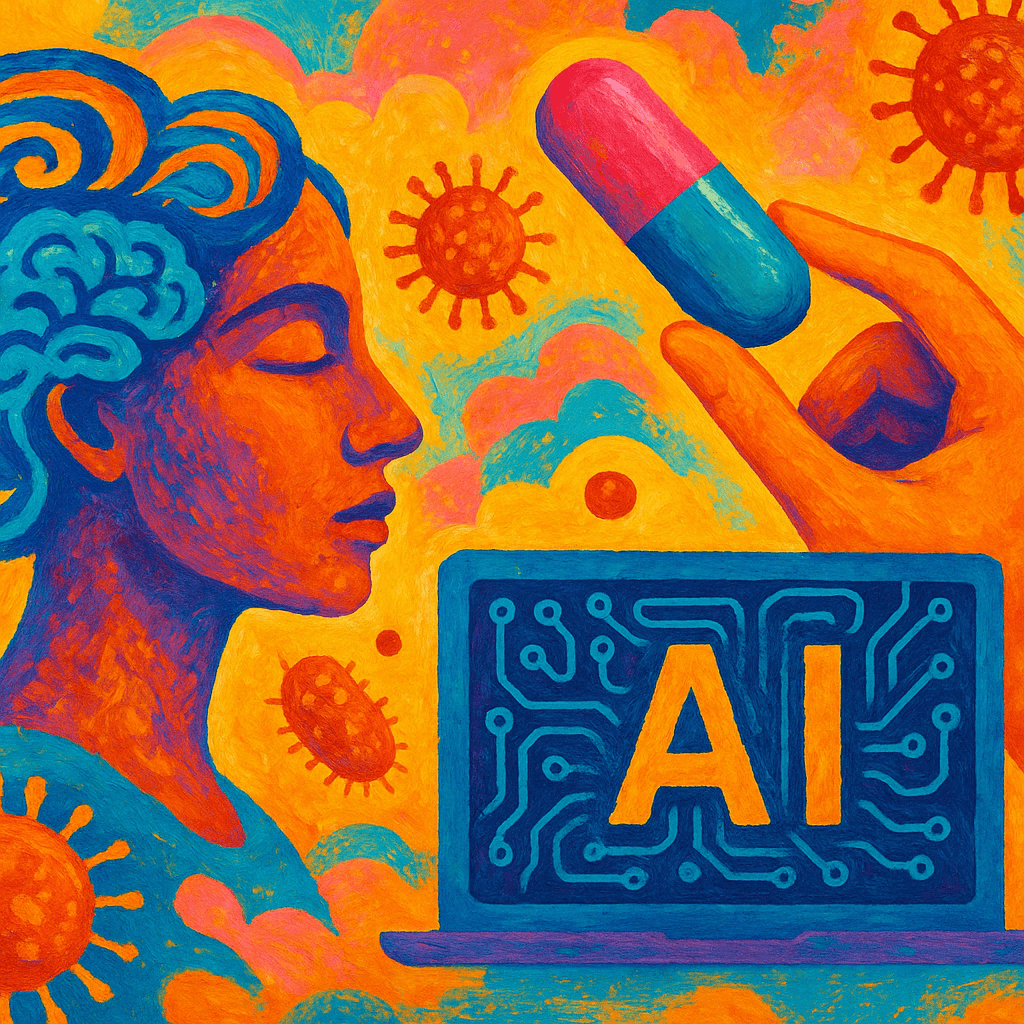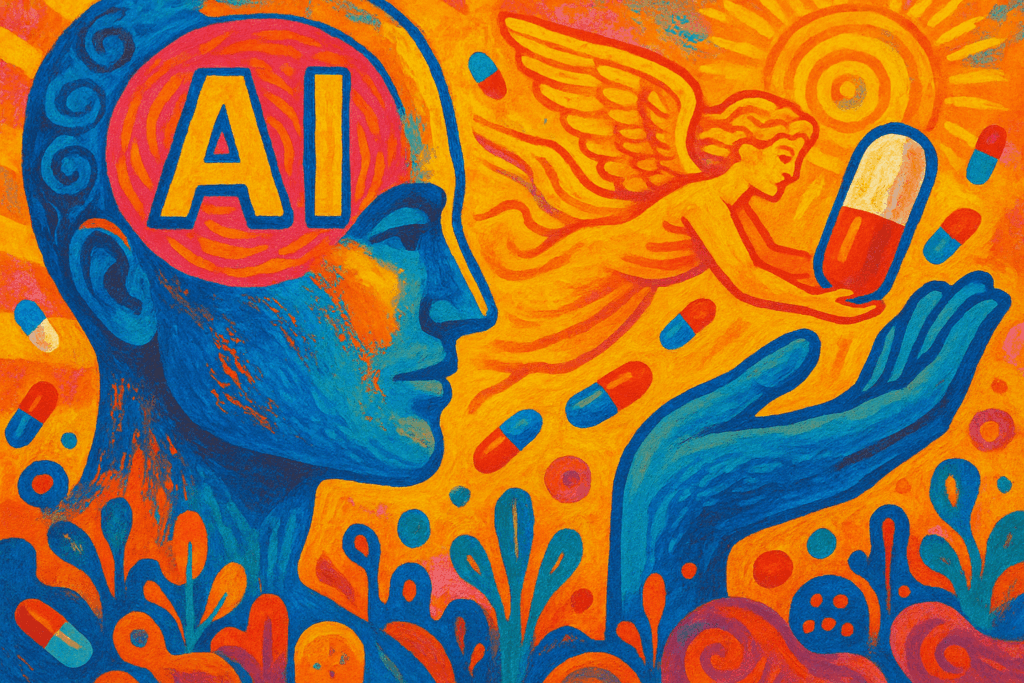Practical AI Reshapes Drug Discovery
Beyond Hype: Tangible AI Progress
Artificial intelligence in drug discovery is moving past theoretical concepts to become a practical element in pharmaceutical research. Current developments show AI integrated into workflows that enable smarter compound search, experiment comparison, and streamlined workflow generation. For example, foundation models for imaging are now being applied to analyze complex biological data, providing actionable insights directly supporting decision-making processes.
The Data Foundation for AI Success
Reliable AI output depends on data that is high quality, traceable, and fully integrated. One challenge has been fragmented datasets with inconsistent metadata, which limit AI’s ability to produce trustworthy results. Addressing these data issues creates a strong foundation for AI tools to work reliably, offering transparent and reproducible insights. This transformation supports better validation and confidence in AI-driven drug discovery outcomes.
Human-Centric Automation and Biology-First Approaches
Automation designed with user experience in mind helps researchers focus on complex scientific problems rather than routine tasks. Flexible automation systems now support protein expression and assay workflows that align with daily lab activities. Coupled with human-relevant biological models such as 3D cell cultures and organoids, these technologies improve the quality of predictive data. This biology-first approach provides the context necessary for AI to generate meaningful, human-centered results.
Key Insights for AI Insiders
The future of drug discovery hinges on combining precision, transparency, and usability. AI-driven innovation thrives when scientists have access to trustworthy data and intuitive tools. Advancements in automation and biologically relevant models position AI as not just an aspirational concept but as an integral part of pharmaceutical R&D. This evolution equips researchers to accelerate drug development with confidence and clarity.




